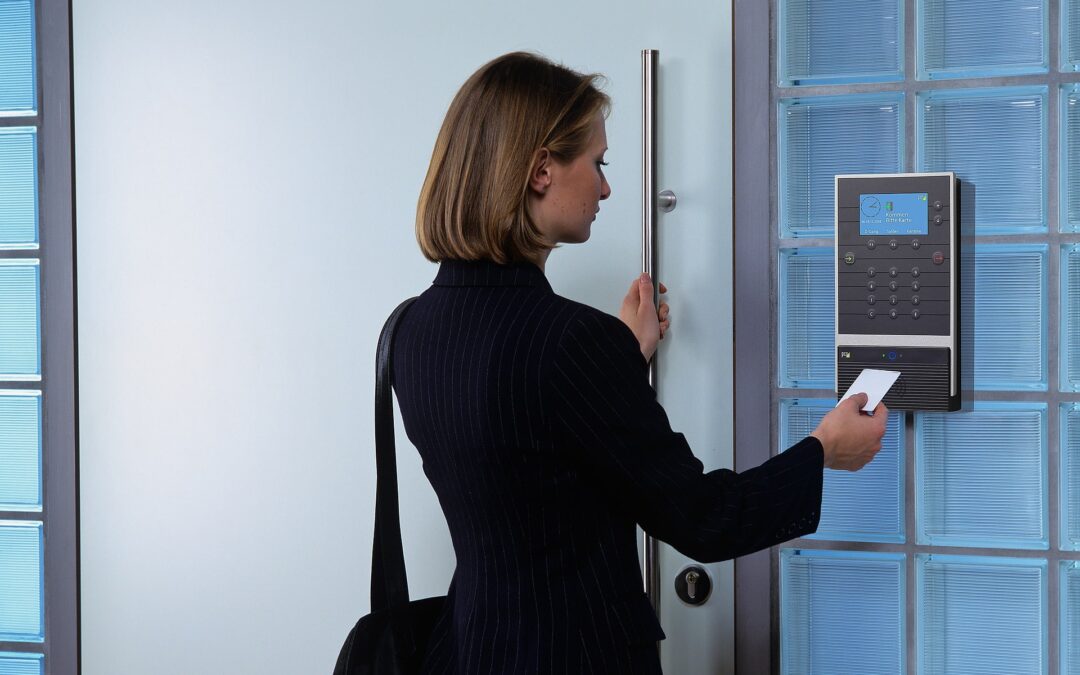After the legislator failed to react to the so-called time clock ruling from 2019, the Federal Labor Court (BAG) now dealt with the issue of recording working time again. The result: a landmark ruling with a lot of uncertainties.
Previous rules for time recording
In the so-called time clock ruling, the European Court of Justice (ECJ) already stated in May 2019 that member states must set up a system for recording working hours. In Germany, however, employers are not yet obliged to document the exact working hours of employees. However, there are exceptions for certain occupational groups and industries. These mainly serve to prevent undeclared work and protect employees from exploitation.
Decision of the Federal Labor Court (BAG)
In a landmark ruling, the BAG has now determined that there is a general obligation to record working hours. In doing so, it refers to the time clock ruling of the ECJ. The BAG ruling is expected to affect all employees in Germany. This is particularly difficult in areas where employees work in a so-called trust-based working time model or even in a home office.
No more home office?
Flexible working and working from a home office have been increasing strongly since Corona at the latest. Critics of the BAG ruling now fear that the obligation to record time will make this impossible. However, the German Federation of Trade Unions makes it clear that recording working time must not be equated with presence in a place like the office and therefore considers the criticism to be a "ghost debate". Rather, employers would have to pay more attention to maximum working hours and rest periods.
In addition, the ruling so far only clarifies that there must be time recording. It remains to be seen how this must be designed. Here, we will have to wait for the German legislator and then for the concrete design by the respective employers. Accordingly, there is no deadline for employers to implement a time recording system.
How does politics react?
The ruling of the Federal Labor Court has once again increased the pressure on German lawmakers to regulate time recording. The latter must now create a legal framework for a time recording model.
The Federal Ministry of Labor and Social Affairs states that it will first wait for the reasons for the ruling and review them. The BAG will probably make this reasoning public in November.
Flexible working time models should continue to be possible in any case. The exact form this will take remains to be seen.
Privacy concerns?
In addition to protecting employers from exploitation, however, strict recording of working hours also means that employers have close insight into working hours and increased control of employees. This raises concerns not only under labor law but also under data protection law. After all, personal data of employees is also collected during time recording. At the latest, if the recording can be used to create profiles of individual employees, the model may be in breach of data protection.
For information on the data protection-compliant design of digital time recording, see here more.
The data protection officer is therefore also an important partner when it comes to designing working time recording models in line with data protection requirements.
Conclusion
Even though the BAG's ruling is described as a landmark decision, it actually raises more questions than it answers. The demands on the legislator that need to be met are high and diverse. The challenge is to find a regulation that complies with data protection law and labor law while remaining home-office compatible and open to other trust-based time models. It remains to be seen how this will be achieved.
Do you need data protection advice on processes in your company or are you looking for an external data protection officer? Our team of experts will be happy to help you. Contact us!
